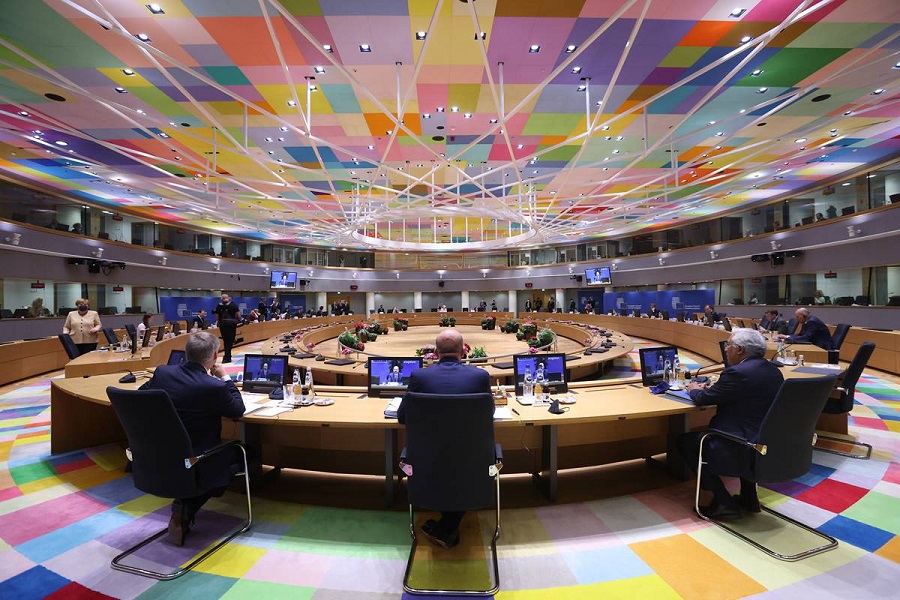EU Adopts New Rules to Protect Consumers Against Misleading Green Claims

The European Council announced that it has adopted a directive aimed at protecting consumers from misleading green claims and other greenwashing practices, including banning unverified generic environmentalEnvironmental criteria consider how a company performs as a steward of nature. More claims such as “environmentally friendly,” or “biodegradable” and those based on emissions offsetting schemes.
The announcement marks the last major step towards the passage of the legislative act, with its adoption now complete, following its recent approval in Parliament.
The adoption of the new act follows the release of a set of proposals by the European Commission in March 2022 to update rules protecting consumers from unfair commercial practices such as untruthful or aggressive advertising, including the unfair commercial practices directive (UCPD) and the consumer rights directive (CRD), to include green transition and circular economy-related aspects. A recent study by the Commission found that more than half of green claims by companies in the EU were vague or misleading, and 40% were completely unsubstantiated.
Key aspects of the new directive include rules aimed at making product labels clearer by banning the use of generic environmentalEnvironmental criteria consider how a company performs as a steward of nature. More claims not backed up with proof, and the regulation of sustainability labels to allow only the use of those based on official certification schemes or established by public authorities.
The directive also includes rules focused on product durability, requiring guarantee information on products to be more visible, and mandating the creation of a harmonized label to give more prominence to goods with an extended guarantee period, as well as banning unfounded durability claims, prompts to replace consumables earlier than strictly necessary, or presenting goods as repairable when they are not.
While maintaining the main objectives of the Commission’s initial proposal, the final text of the directive agreed upon by the EU Parliament and Council added several aspects, including banning claims based on carbon offsetting schemes that indicate that a product has a neutral, reduced or positive impact on the environment, strengthening the criteria around sustainability labels, and increasing monitoring of claims related to products’ future environmentalEnvironmental criteria consider how a company performs as a steward of nature. More performance.
The directive forms part of a package of consumer-oriented environmentalEnvironmental criteria consider how a company performs as a steward of nature. More and circular economy-focused proposals by the EU Commission, which also includes the ecodesign regulation, the directive proposals on green claims, and promoting repair (right to repair).
With adoption complete, the directive will now be signed by the presidents of the Parliament and the Council. Once published in the EU’s Official Journal, member states will have 2 years to integrate the rules into national law.
Following the adoption, Pierre-Yves Dermagne, Belgian Deputy Prime Minister and Minister of the Economy and Employment, said:
“Thanks to the directive adopted today, consumers will be better informed, better protected and better equipped to be real actors of the green transition.”